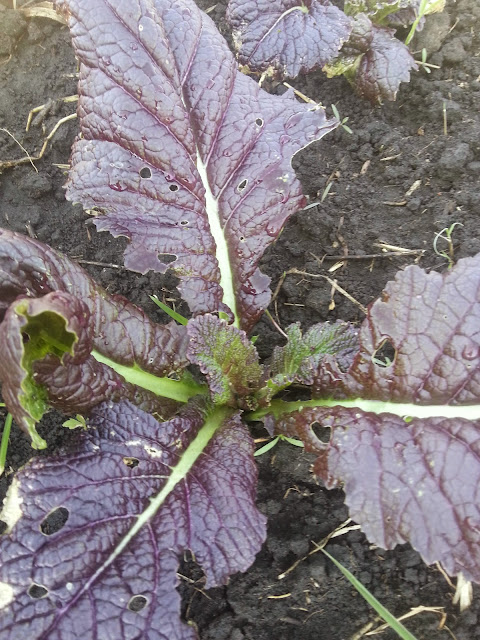Tuesday, December 23, 2014
2014 Look Back
Wednesday, November 12, 2014
Learning from the demo garden
One of the best ways to learn a new skill is to see it in practice. That's why AWP operates a demonstration garden at Mziza. Today we brought 13 farmers from Mphimbi Village to see how we farm and irrigate our crops. This visit will provide a grand of reference for the trainings to come and hopefully inspire them to innovate and go beyond the typical vegetable garden.
They saw the layout of our garden, the windmill and tank, and how we prepare manure throughout the year. At a nearby Mziza club garden, the visitors had a chance to use a rope pump and water a pea garden.
The Mphimbi farmers will bite formulate goals for themselves and their club as a whole. As they look into their food requirements at home, they will have a picture in their minds of how they can manage to grow that much food.
Sunday, October 26, 2014
How many farmers does it take to feed a village?
Wednesday, October 15, 2014
Third Harvest
Yesterday, we saw this maize garden approaching maturity. The sale of this crop will be enough to provide inputs for one acre of maize, which in turn will supply food for the farmer's family for the whole year.
Sunday, October 5, 2014
Garden in Stages
Next, the most critical step was to make canals and beds for the water to flow to the crops.
Finally, they planted beans and tomatoes, covered with mulch, and started watering.
Just last week they called us to come and evaluate a new garden, which they prepared on their own to demonstrate their skill. They nailed it. Here they have planted more tomatoes.
Wednesday, September 17, 2014
Rope Pump at Malika Village - Video
Friday, September 12, 2014
New windmill video
Thursday, September 11, 2014
Friday, September 5, 2014
Pest management @ Malika
The Malika club work on organic pest management at their training garden. Red spider mites, grasshoppers and moths destroy crops and frustrate the learning process. Farmers have learned that addressing the problems early reduce the need for chemical pesticides.
Many families cannot always wait the required number of days after applying chemicals to harvest and eat the veggies. Organic pest control allows them to harvest any crop right when it's needed, breakfast, lunch or dinner.

.jpg)

.jpg)
.JPG)





.jpg)
.jpg)
.jpg)
.jpg)
.jpg)
.jpg)
.jpg)
.jpg)
.jpg)
.jpg)
.jpg)
.jpg)
.jpg)
.jpg)
.jpg)
.jpg)
.jpg)
.jpg)
.jpg)
.jpg)
.jpg)
.jpg)
.jpg)
.jpg)
.jpg)
.jpg)
.jpg)
.jpg)
.jpg)
%2B(2).jpg)
.jpg)
.jpg)










